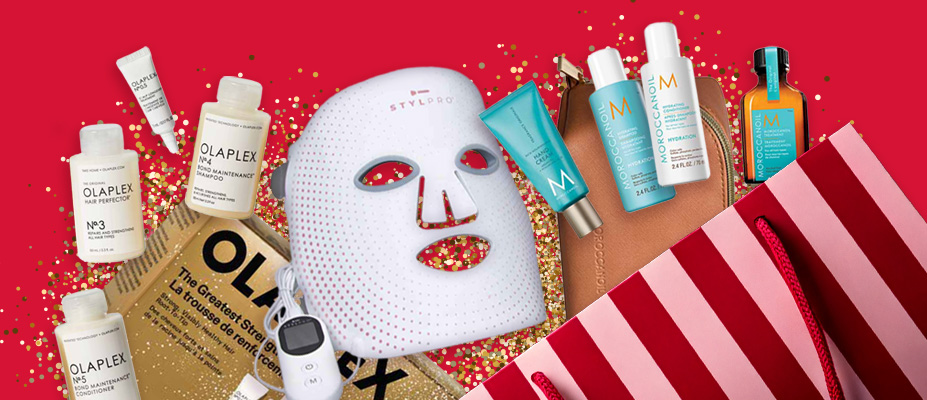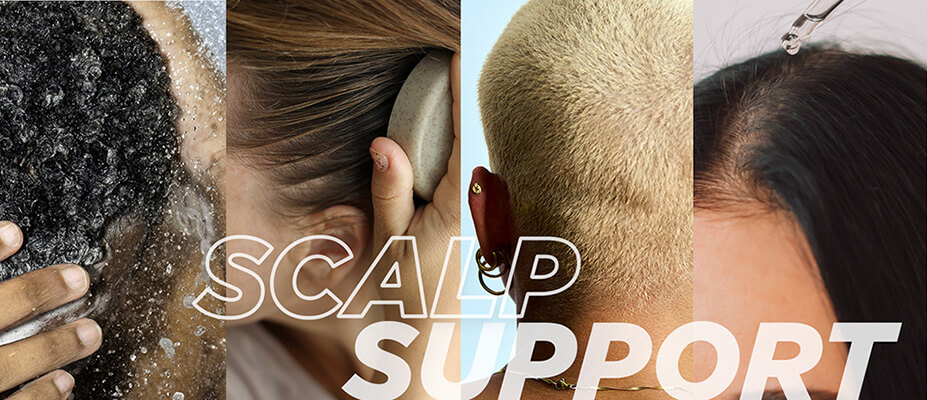What expenses are tax deductible?

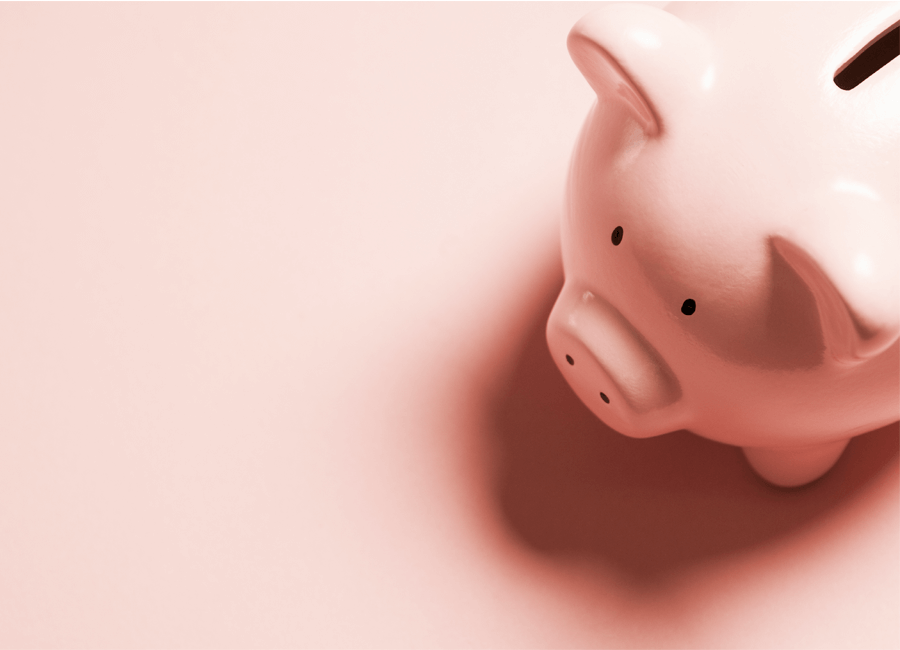
From the pens you use to the tea you provide for your customers, many of your expenses are tax deductible. Yet as a salon or mobile business owner, you may be unaware of the business expense benefits that are available to set against tax, and could save you hundreds of pounds every year.
When doing your business expenses, be aware of the following:
- Always keep a record of your expenses and keep all receipts as proof. Her Majesty's Revenue and Customs (HMRC) can ask you to provide evidence of the expense
- Order and log your expenses as you go, so you don’t end up with a huge batch to sort out, which is confusing and takes more time.
- Get the balance right – all expenses must be solely for your hair and beauty business use only. But things can get tricky, for example if you buy a new computer to help you organise bookings and for other work-related tasks, but also use it for personal things in your free time. Then you can only deduct the percentage for which it’s used for business (e.g. 70% of the time).
- If you're not confident about doing your own taxes hire an accountant. The amount this could save you may more than make up for the fee.
Here’s a rundown of the expenses you’re entitled to claim as a salon owner or a self-employed business in the hair, beauty or barber industry.
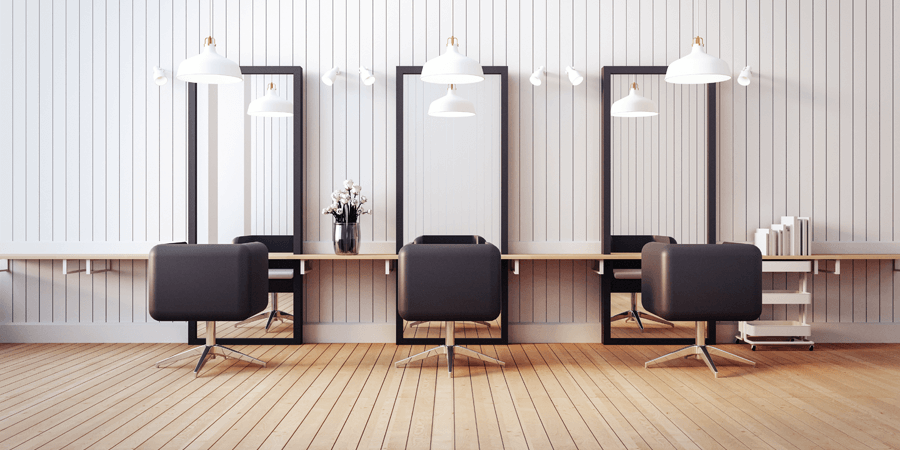
Chair rental
If you rent a chair from a local salon or barber shop, then your chair fees are probably one of your biggest expenses.
This means it’s really important that you keep records of how much you’re paying the owner, and account for all the money that passes through your own business, especially if the owner takes a cut of your daily takings, as your costs will vary week by week.
It might sound like a lot of effort, but claiming your chair fees as expenses will save you a large sum of money each year.
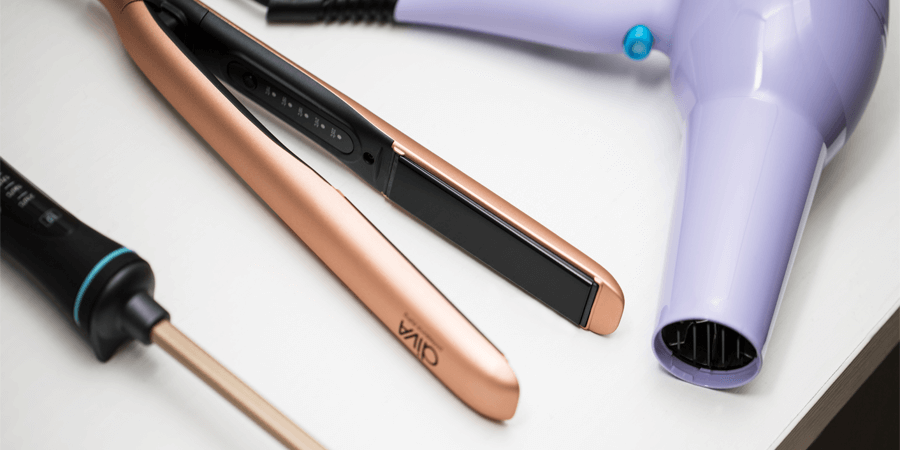
Travel
Mobile hairdressers and beauty therapists can make savings by claiming back travel expenses, whether travelling in an owned car, someone else’s car or on public transport. This applies even if only a small part of your business requires travelling.
Only include travel for work purposes i.e. visiting clients, travelling to training events or even to the bank to deposit your takings.
If you use a car/van for appointments then it’s probably your most important asset and biggest expense. The easiest way to claim on your vehicle is to use HMRC's Fixed Scale Mileage Rate, rather than working out the costs of fuel, insurance, wear and tear and so on, individually.
This system allows you to claim 45p per mile for the first 10,000 miles of travel and then 25p for each mile after that, including depreciation in its calculation.
Note that parking fines or speeding tickets cannot be claimed as an expense, even if you get a fine while on a business trip.
“Being aware of which business expenses to set against tax could save you hundreds of pounds every year.”
Materials and equipment
From shampoos and scissors to hairdryers and towels, all of the equipment and materials you use to carry out your job can be included as expenses on your tax return. Just remember to keep all your receipts.
If you need to repair, replace or upgrade an item, for example hair straighteners or clippers, then you can include any costs on your tax return as well.
Remember to include things like cleaning products in your business expenses.
Staff entertainment
If you're an employer you'll be pleased to hear that staff entertainment is an applicable business expense. This means you can deduct costs and recover VAT (if registered) for things like taking your employees out for a meal or drinks in order to boost morale/say thanks for hard work.
HMRC refers to employees as people on your payroll to who you pay a salary. So, subcontractors and self-employed people who rent a chair in your salon don't count.
For ‘annual events’ such as Christmas parties and summer BBQs, as long as you pay £150 per employee or less, and it is open to all members of staff, you don't need to report anything to HMRC or pay tax or National Insurance on it.
This does not include casual hospitality e.g. taking everyone for a drink after a particularly busy Saturday shift, nor does it count events that exclude some staff members such as. 'managers only'. Find out more here.

Tea, coffee and refreshments
It’s common to offer customers and staff complimentary tea, coffee and other refreshments in barber shops and salons, and this is tax deductible. Annoyingly though, you can’t include into the tax deduction any refreshments that are consumed by you or business partners.
In these cases, you should try to work out the total cost of supplying these items and factor out a percentage.
Uniform
Protective clothing or a branded uniform, such as beauty tunics, can be classed as an expense. However, clothing that can be used as part of your everyday wardrobe, even if it is a more formal suit or business dress, is not allowable as an expense.
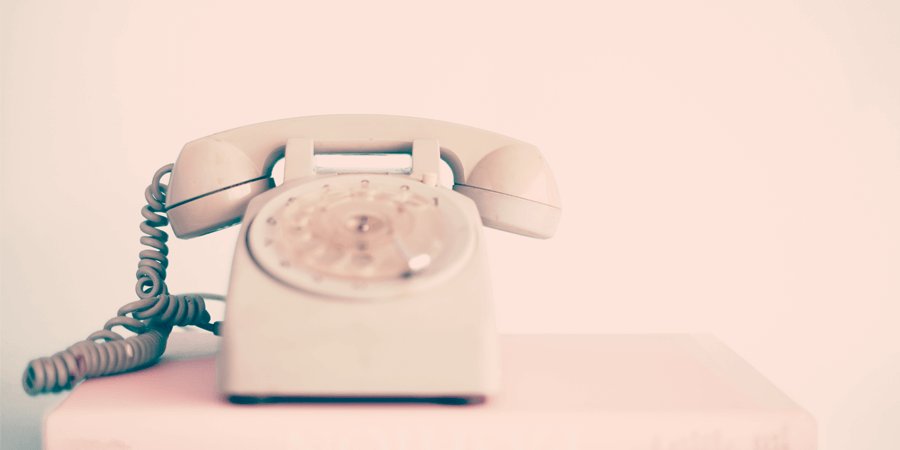
Phone and utilities
Line rental, call charges and internet can all be included in expenses, but you’ll need to work out what amount of usage is for work. Personal use cannot be claimed, even if you are on a business trip.
Having a separate line for business or different work and personal mobiles makes keeping track of costs easier.
Hairdressers and beauticians who operate from home can deduct costs of heating, lighting and water as a proportion to the total amount used.
Find out more about expenses if you own a salon and if you’re self-employed on the official government website.
